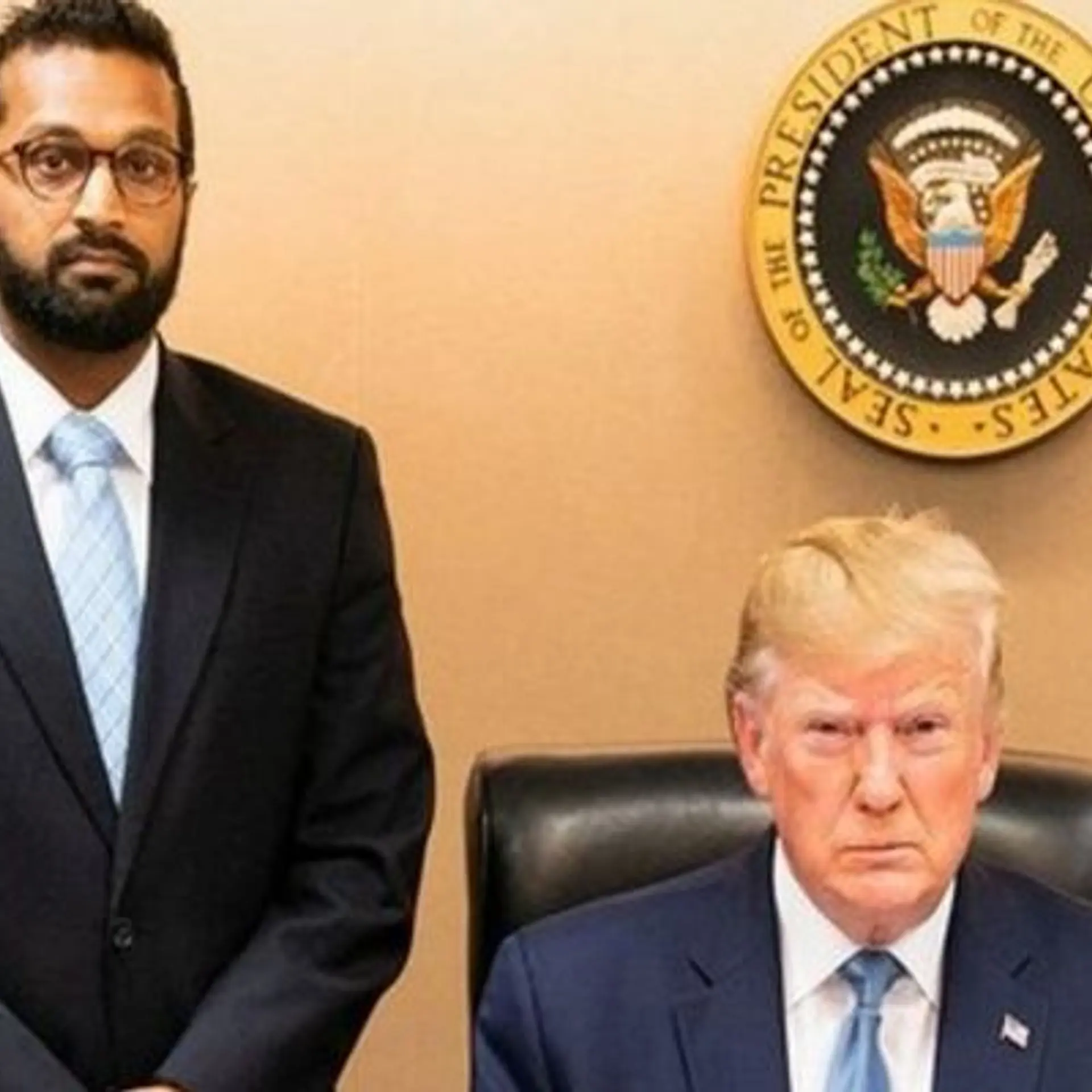Holi Through the Ages: How the Festival of Colors Has Evolved
Dive into the vibrant world of Holi! Explore how this Festival of Colors has evolved from sacred myths to spectacular DJ parties across India.
In the tapestry of Indian culture, few events are as vibrant, joyous, and deeply ingrained as Holi, the Festival of Colors. This ancient festival, celebrated predominantly in India and Nepal, with its roots in Hindu mythology, is not just a showcase of exuberant colors but a reflection of India's rich cultural ethos and the enduring spirit of unity and renewal. Today, let's embark on a colorful journey to explore the significance of Holi in the Hindu religion, its diverse celebrations across different states, and its evolution from traditional community gatherings to contemporary DJ-driven parties.
The Significance of Holi in Hindu Religion
At the heart of Holi lies the essence of victory, love, and forgiveness. Rooted in various Hindu legends, the most popular is the tale of Prahlad and Hiranyakashipu, symbolising the triumph of good over evil. Another cherished story is that of Radha and Krishna, illustrating divine love, where Holi's myriad colors represent their eternal bond. These narratives are not just mythological tales but are imbued with profound moral and cultural significance, guiding principles on righteousness, devotion, and the joyous celebration of life.
A Kaleidoscope of Celebrations Across States
Holi's celebration is a splendid display of India's regional diversity. Each state, with its unique customs and traditions, adds its hue to the festival.
- Uttar Pradesh: The heartland of Holi, particularly in Mathura and Vrindavan, where it's celebrated with great fervor to honor Radha and Krishna's love. The festivities last for weeks, featuring traditional songs, dances, and the famous Lathmar Holi, where women playfully beat men with sticks.
- West Bengal: Known as Basant Utsav or Dol Jatra, Holi here is a graceful event with cultural programs, poetry recitations, and the iconic processions of devotees smearing colors and singing devotional songs.
- Rajasthan: The royal cities of Jaipur and Udaipur host elaborate Holi celebrations, including the famous elephant festival, where elephants are adorned with vibrant colors and jeweled coverings, parading through the streets.
From Community Gatherings to DJ Parties: The Evolution of Holi
Holi has transcended its traditional boundaries, adapting to the rhythms of modernity. While the essence of camaraderie and joy remains, how Holi is celebrated has seen a significant transformation. Holi was a community affair marked by singing, dancing, and sharing traditional sweets like "gujiya" and "thandai." Community gatherings in courtyards have evolved into large-scale events with DJs, electronic music, and rain dances. These contemporary celebrations attract a global audience, blending traditional rituals with modern entertainment, making Holi a global festival.
This transition to DJ parties and large-scale events has also led to increased awareness of eco-friendly celebrations. The use of organic colors, water conservation efforts, and safe practices have become integral, reflecting a conscious adaptation of the festival to contemporary environmental concerns.
Holi, through the ages, has remained a testament to the enduring spirit of Indian culture, adapting and evolving while retaining its essence. From the heartwarming tales of its origin to the grandeur of its nationwide celebrations, Holi encapsulates the diversity, unity, and vibrancy of India. As we embrace the festival in its modern avatar, let's not forget the profound cultural and religious significance that colors every aspect of Holi. In the end, Holi is more than just a festival; it's a celebration of life itself, inviting everyone to partake in its colorful jubilance. Let's continue to paint the world with the hues of love, joy, and togetherness, making every day as colorful as Holi.
Edited by Rahul Bansal







